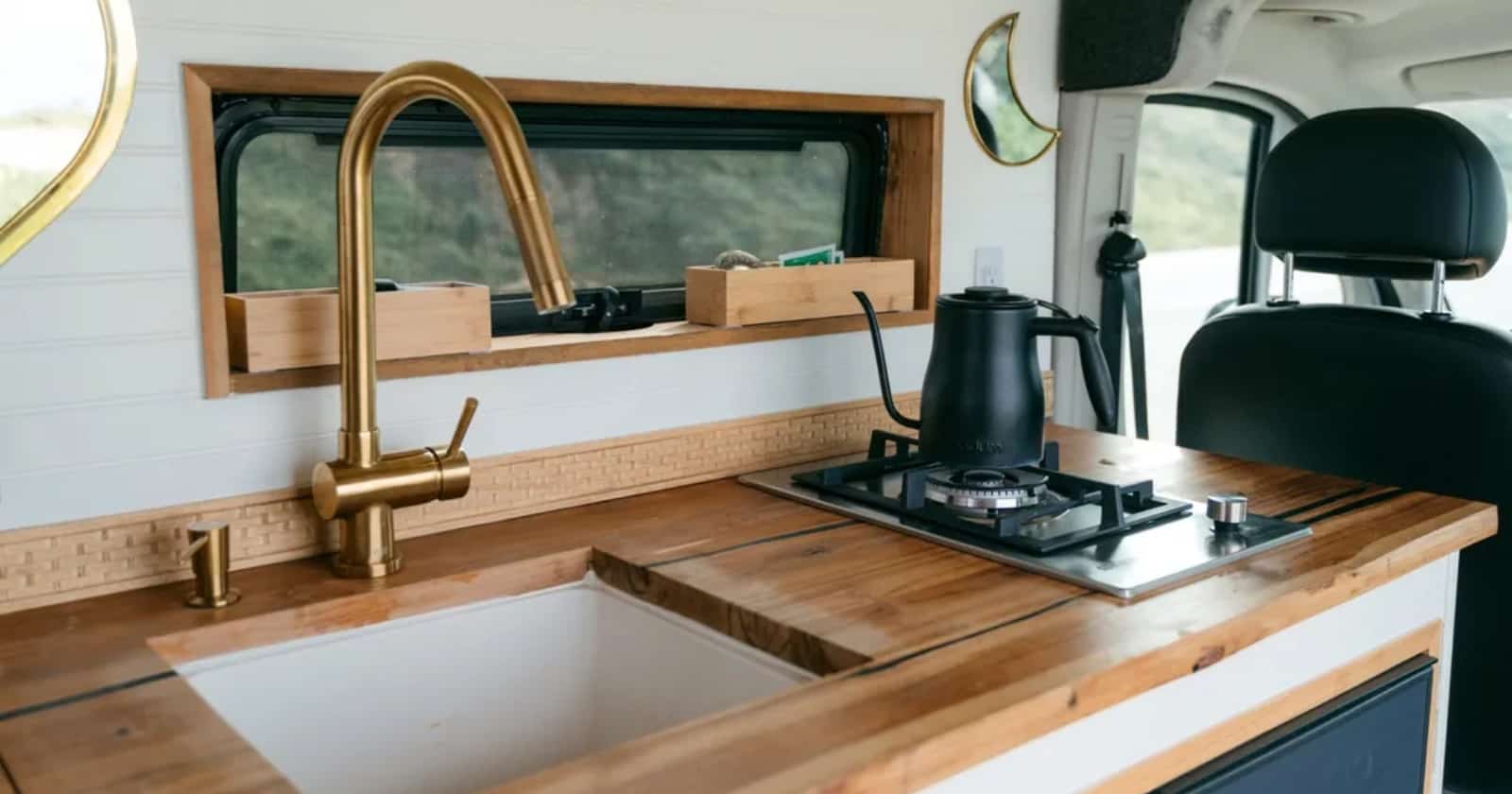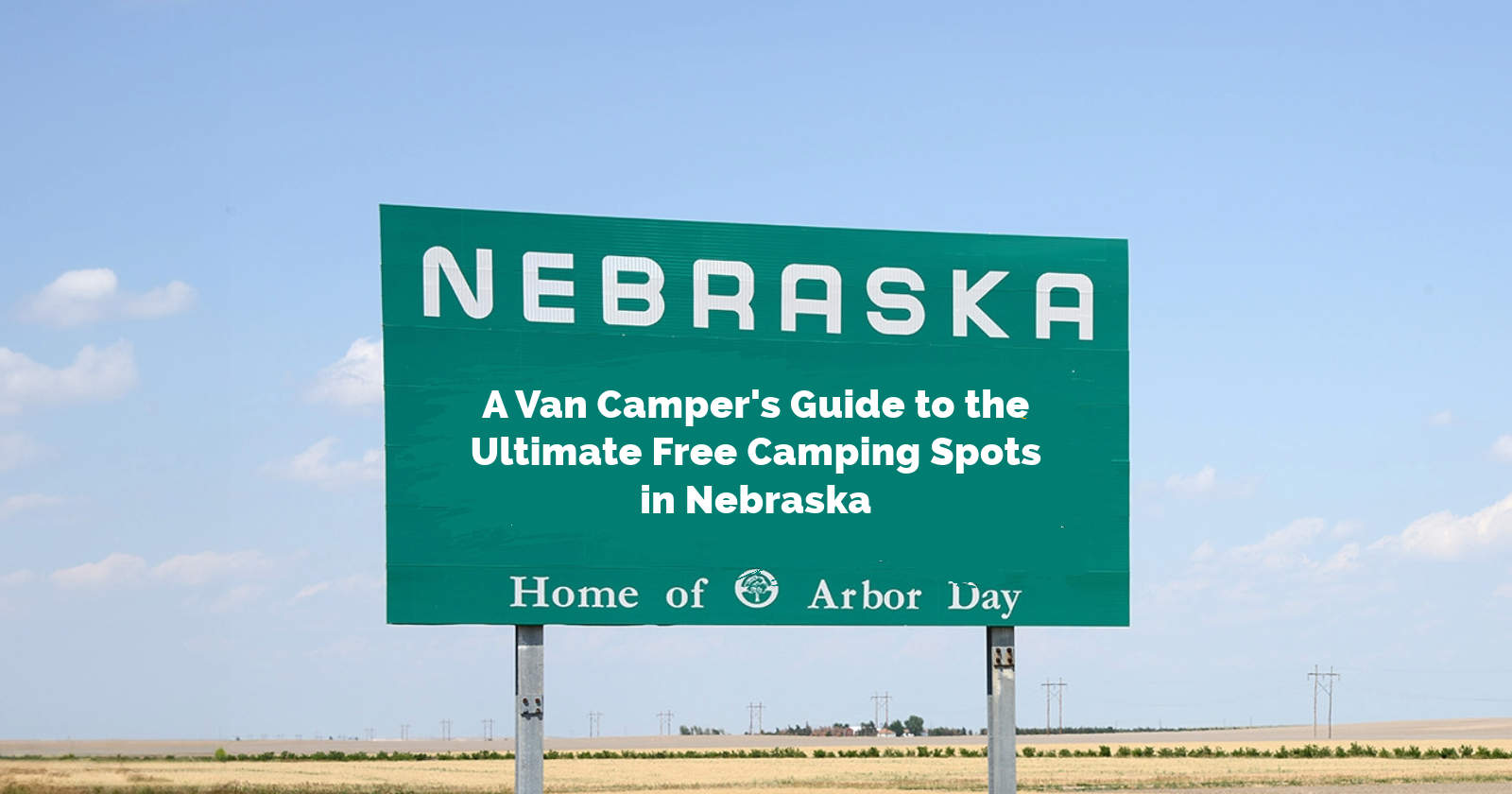Breaking Down the Costs of Living the Van Life
More and more people are choosing van life. Sometimes, people simply want to escape the hustle and bustle and live a simpler life or travel. In other cases, folks are choosing van life as a way to save some money. This leads us to the question: Is van life cheaper than renting or owning a house or apartment?
The answer, of course, is that it depends. As with a more traditional lifestyle, the cost of day-to-day living is really up to you, for the most part.
In this article, we will explore the costs of living in a van and give you some ideas for how to save money while still living an awesome van life.
Costs to Consider
Below is a list of the most significant van life expenses. Some of these are things you’d be paying for even if you were living a more traditional lifestyle, while others are unique to living in a van.
Van Payments
The most obvious expense of van living is the cost of the van itself. This cost will take the place of your current vehicle payment (if you have one) and, in combination with camping fees, your rent.
You will need your van to have the necessities, such as a place to sleep, a place to store and prepare food, and a way to keep warm or cool. Beyond that, the van can be as simple or elaborate—and as expensive or inexpensive—as you like to make it.
How to Save
The straightforward way to save a considerable chunk of change when jumping into van life is to buy a used van. In some cases, converting a van yourself can save money, but you have to be careful not to get in over your head.
Whether you choose to convert your van or not, we highly recommend buying a solid used van and paying cash if possible, especially if you’re going into van life to save money.
Insurance
You will definitely want to have insurance on your home-on-wheels. Most van lifers with converted vans stick to traditional auto insurance, which is inexpensive and can easily take the place of your current car insurance.
That said, this insurance only covers the van itself, not the build. If you want coverage on the build, or if you will be getting a class B RV, you will have to invest in RV insurance. RVer Insurance Exchange is a good choice for those with converted campervans who would like the interior to be covered as well as the vehicle itself.
How to Save
Generally speaking, the older your van, the less your insurance will cost. And as mentioned above, auto insurance is typically less expensive than RV insurance. Many insurance companies offer discounts for various things, so be sure to ask about those.
Of course, older vans happen to be more prone to problems down the line, so the associated costs of that should be taken into account.
Lastly, where you live can affect your insurance rates. If you’re planning on changing your domicile while traveling, you might as well choose one with good insurance rates!
Camping Fees
Camping fees work in conjunction with the cost of your van to take the place of your current rent payment. Some van lifers choose to pay to stay in campgrounds with hookups every night. Others prefer stealth camping on city streets, or they choose to boondock off-grid. Most people living in vans use some combination of these camping options.
How to Save
Saving on camping fees is easy. Free campsites can be found on iOverlander, Campendium, Free Campsites, and RV Life Campgrounds. Most of these are stealth camping or boondocking spots without any amenities, but sometimes there are even gems with bathhouses and hookups.
If you want to stay in campgrounds from time to time without spending a fortune, we recommend filtering your searches on the sites mentioned above to find low-cost options ($10–$15 per night campsites exist). You can also sign up for a Thousand Trails membership (as long as your van has an RVIA sticker) or Boondockers Welcome or Harvest Hosts (as long as you’re fully self-contained).
Fuel
Fuel is another consideration when budgeting for van life. If you plan to stay in one area during your time as a van lifer, this cost will likely be relatively low. However, those who want to travel while living in their van could end up spending a pretty penny to fuel their vehicle. This cost can vary quite a bit from state to state, so location matters here as well.
How to Save
Obviously, the way to save on fuel is to drive less. For this reason, we recommend traveling slowly. Not only will you spend less per month on fuel, but you’ll also get to explore each area you visit more in-depth while allowing yourself time to work, relax, and take care of day-to-day life tasks.
Internet
You will probably want to stay connected while out on the road, and if you’ll be working online, you will need to have internet access while traveling. Fortunately, modern technology has you covered.
Many van lifers use cell signals to stay connected to the internet. A dedicated hotspot is the way to go if you’ll be online often, but turning your phone into a hotspot can work for occasional browsing. Starlink is also a good option if you’ll be in remote places regularly.
How to Save
If you don’t need a ton of data, simply using your current cell plan might be sufficient. Pairing this with free Wi-Fi in places like coffee shops and libraries can help ensure you stay connected without spending a fortune. Of course, these options aren’t ideal if you need reliable internet to work on the road. In this case, a Visible plan might be a good budget option. Companies like WiFiRanger offer mobile Wi-Fi & LTE solutions for digital and leisure nomads.
Food
Cooking in a small space can feel intimidating, and restaurants are a great way to experience a new place. Therefore, when you’re living out of a van, it can be all too tempting to eat out often.
How to Save
Clearly, eating in the van is going to save you money. The trick? Finding simple and delicious meals to make in your teeny tiny kitchen.
Hygiene
Another basic need you will need to think about before moving into your van? Hygiene. Most vans don’t have space for a full-fledged shower, meaning you’ll need to find a place to clean up regularly.
Fortunately, there are places to do this. Gyms, truck stops, public pools, and campgrounds all have showers that van lifers can pay to use.
How to Save
Saving money on showering while living in a van is easy. The best way to do this is to pay for a national membership to a gym chain such as Anytime Fitness. This gives you access to the showers (and equipment) at any Anytime Fitness location.
Another great option? Set up a shower at your campsite.
Repairs and Maintenance
Things can and will break on your van. Additionally, there are certain maintenance tasks that you will need to keep up with. Obviously, you’d be paying to keep up with a car even if you were living in a house, but maintaining a van that you live in can get a bit more expensive than maintaining a small car you mainly drive to work and back.
How to Save
The best way to save on repairs is to keep up with maintenance. The only way to save on maintenance is to do the work yourself. Fortunately, with the help of YouTube, you might be able to do more of the work than you think! (And if you did your own van conversion, you should feel all the more comfortable doing so anyway.)
Sightseeing
Lastly, it would be best if you kept the cost of sightseeing in mind when planning your van life budget. If you plan to stay only in your current area, this won’t be much of a problem, but those who wish to travel will need to consider it.
How to Save
Honestly, saving on sightseeing is a cinch. Hiking, paddling, and other outdoor activities are free (minus the cost of equipment), and attending community events and mingling with the locals tend to be free or very cheap. Best of all, these are often the best ways to truly get in touch with and experience a new place.
You can also invest in reciprocal memberships, which will give you access to many attractions all across the country.
Is Vanlife Cheaper?
So is van life cheaper than living in a traditional sticks-and-bricks house? Well, it totally can be, but it can also be a surprisingly expensive way of life. Your choices will determine whether you lead a budget-friendly or lavish and expensive life.
That said, van life is cheaper overall than renting a place, and if you set out to save money from the start, you most certainly can do just that.




